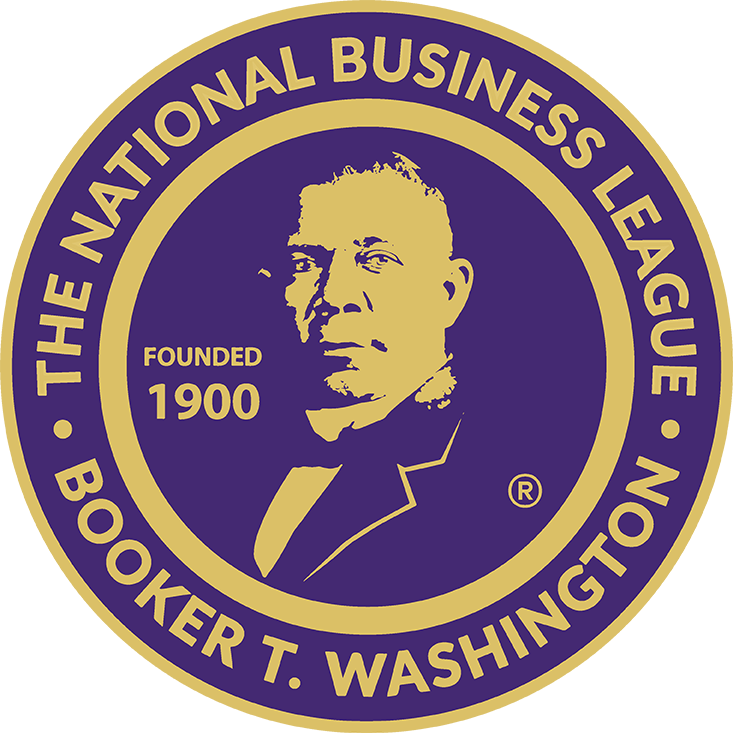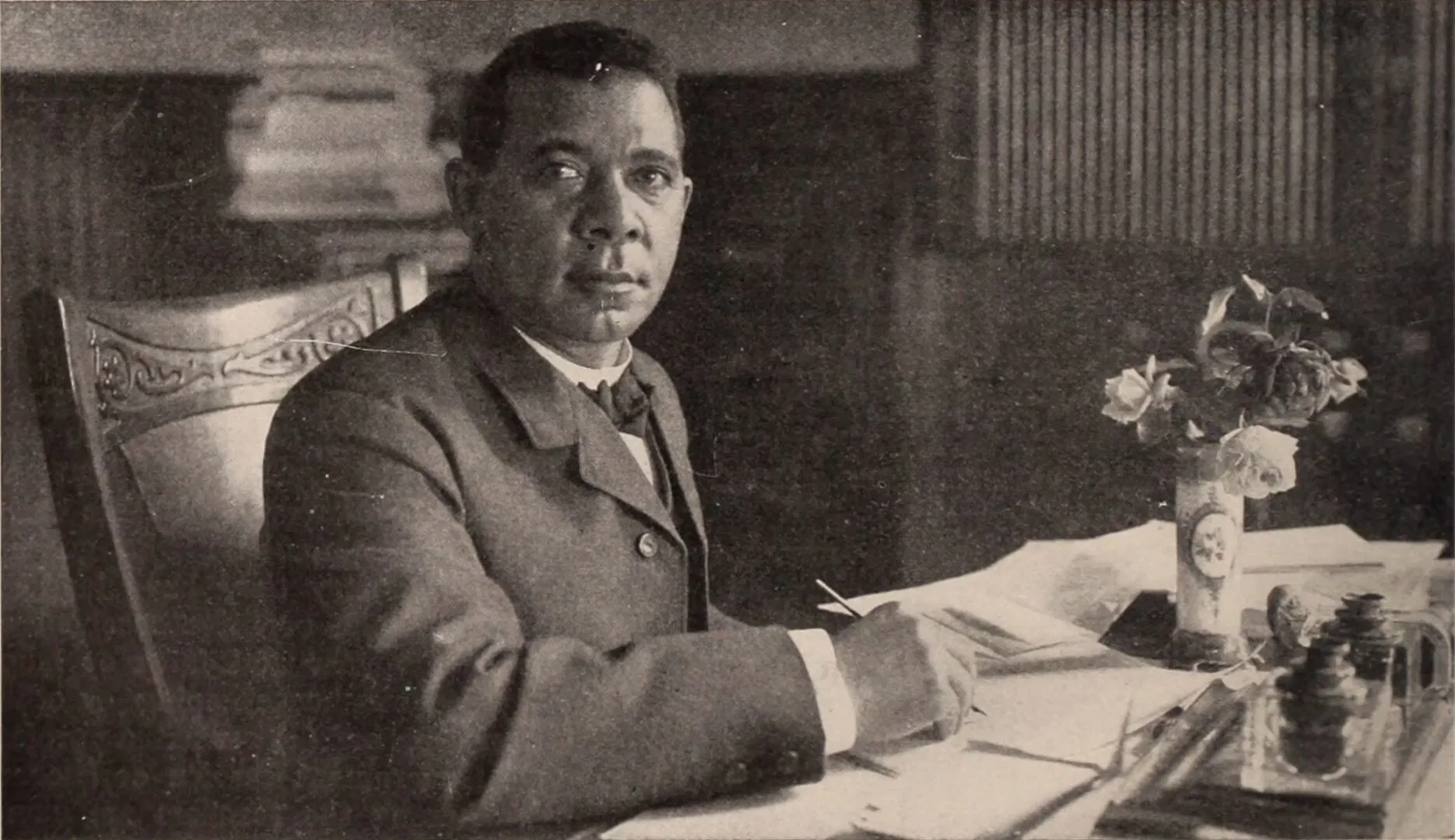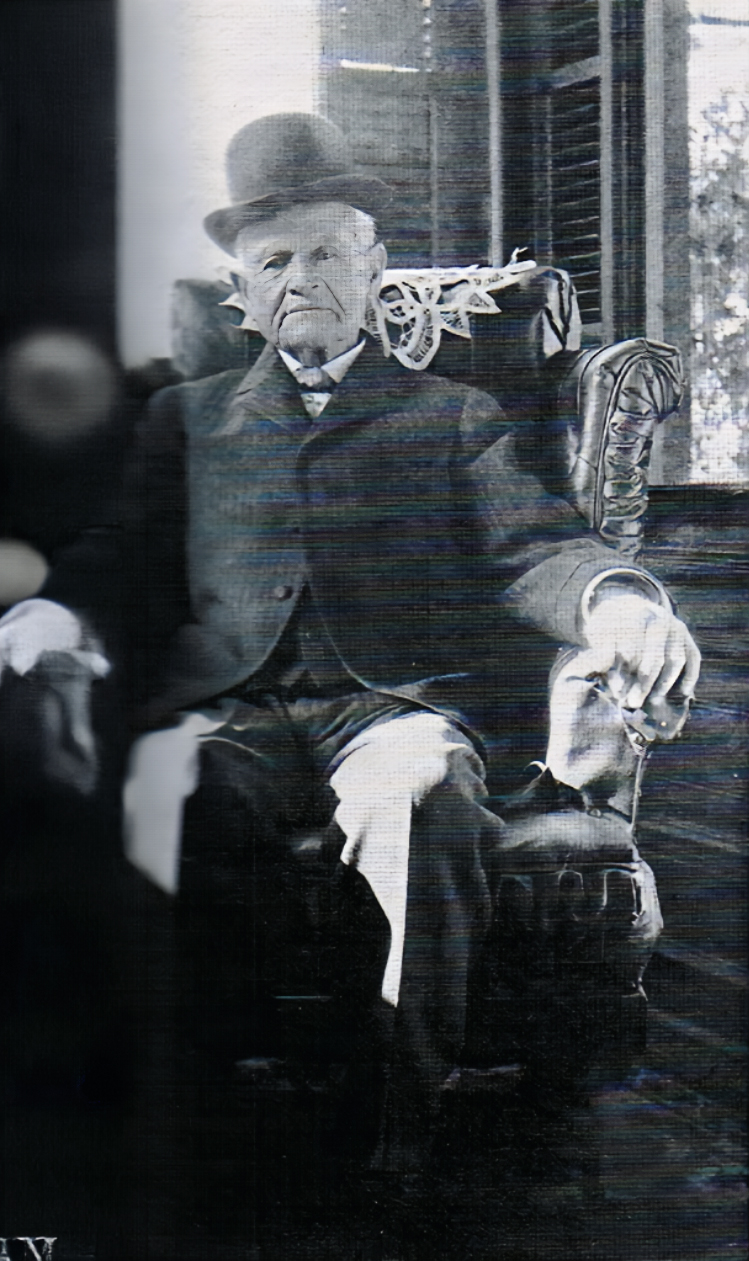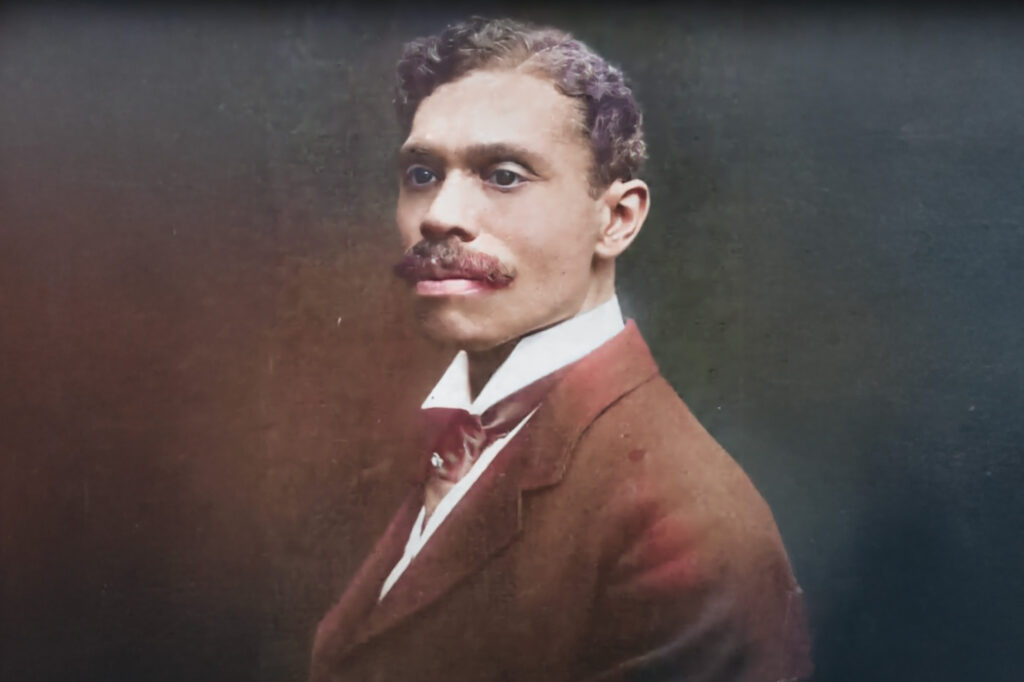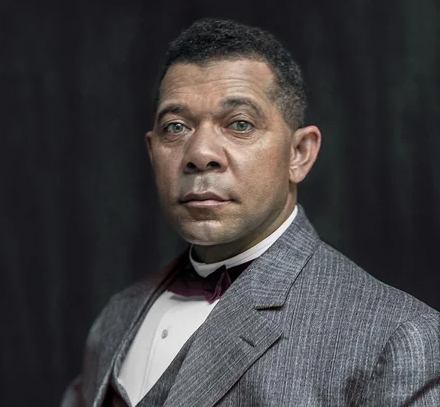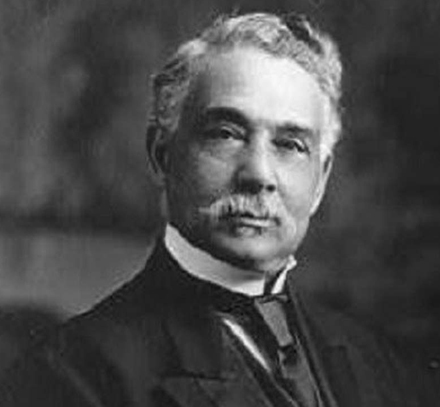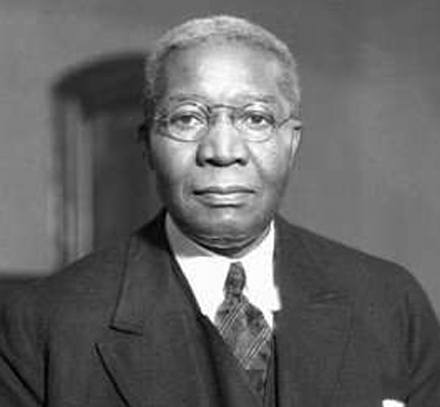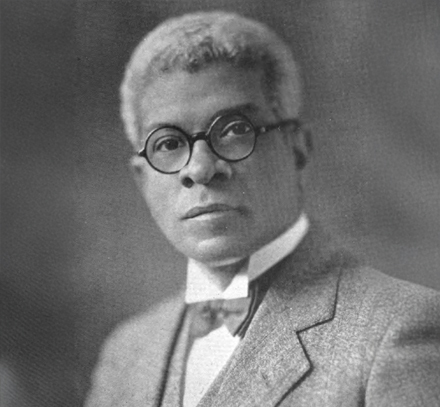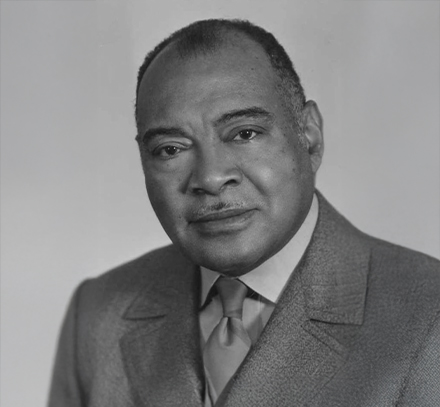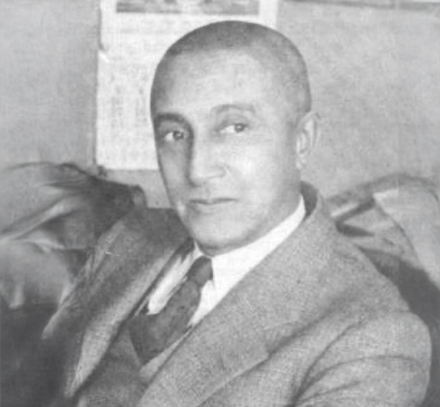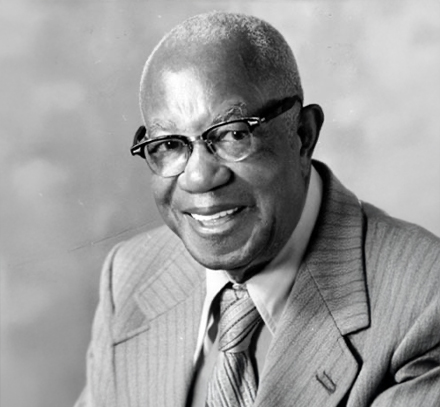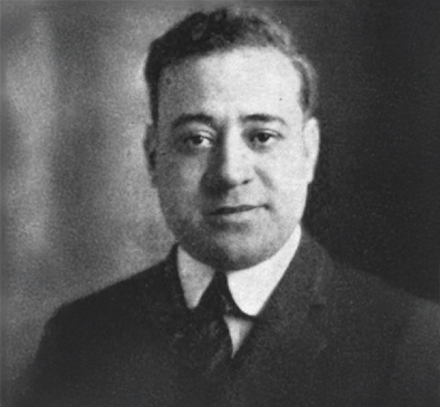
Our Origins:
Promoting Economic Development and Equality
The NNBL was established to advance “the commercial and financial development of the Negro” and was comprised of successful Black men and women in various industries across the United States. By 1905, it had grown to 320 chapters and, by 1915, over 600 chapters in 34 states. This rapid growth underscored the demand for a nationwide network supporting Black economic progress, allowing Black communities to build sustainable wealth and professional independence.
In 1966, the organization was renamed and reincorporated in Washington, D.C., as the National Business League, reflecting an expanded mission to serve Black business on a larger scale. Today, NBL continues to champion Black economic empowerment, advocating for over 3.6 million Black businesses that generate $128 billion in the global economy.
